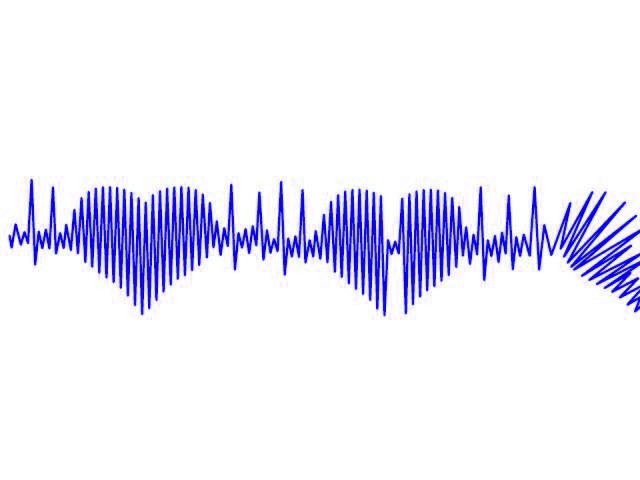Chelation little help for heart disease: Study
Chelation is "a form of quackery" that some vulnerable patients look to when they're facing bypass surgery: Doctor

Chelation is "a form of quackery" that some vulnerable patients look to when they're facing bypass surgery: Doctor
Researchers found no difference in how many of 1,708 participants died in the four and a half years after they received either so-called chelation therapy or drug-free placebo infusions, and only a small decline in the proportion that needed stents or other heart procedures following chelation.
The fact that many patients dropped out of the study - more than one in six - makes even that small benefit undependable, researchers said.
"I would consider it to be essentially an unreliable finding," said cardiologist Dr. Steven Nissen from the Cleveland Clinic Foundation, who wrote an editorial published with the study.
He called chelation "a form of quackery" that some vulnerable patients look to when they're facing bypass surgery, for example.
"The biggest danger here is that people get diverted from established therapies that we know work, to this sort of therapy that doesn't work," Nissen told Reuters Health.
During chelation therapy, a drug that binds to metals including calcium, lead and iron is infused into the bloodstream - allowing those metals to be more easily excreted in the urine.
The technique has been approved by the U.S. Food and Drug Administration (FDA) to treat lead poisoning, but has also been used for a range of other conditions, including on kids with autism (see Reuters Health story of Dec 21, 2012 here:).
In 2010, the FDA warned companies to stop marketing chelation for autism and cardiovascular disease as well as other untested and unapproved uses.
In response to the new study, an FDA spokesperson told Reuters Health in an email, "There are no chelation therapy products approved to treat heart disease. Additionally, all FDA-approved chelation therapy products require a prescription because they can only be used safely under the supervision of a healthcare practitioner."
Researchers lead by Dr. Gervasio Lamas from Mount Sinai Medical Center in Miami Beach randomly assigned older adults with a prior heart attack to receive 40 rounds of chelation therapy or drug-free placebo infusions at 134 clinics in the U.S. and Canada. Each infusion lasted about three hours.
Lamas and his colleagues then tracked study volunteers for the next four and half years, on average, to see who developed heart disease. They found no difference based on treatment in the proportion of people who suffered a second heart attack - between six and eight percent - and the proportion who had a stroke - about one percent.
However, when data on strokes, heart attacks, deaths, heart surgeries and hospitalizations were combined, people who'd had chelation did slightly better. Twenty-six percent of them had one of those outcomes - most often surgery - compared to 30 percent of the placebo group, according to findings published in the Journal of the American Medical Association (JAMA).



















COMMENTS
Comments are moderated and generally will be posted if they are on-topic and not abusive.
For more information, please see our Comments FAQ